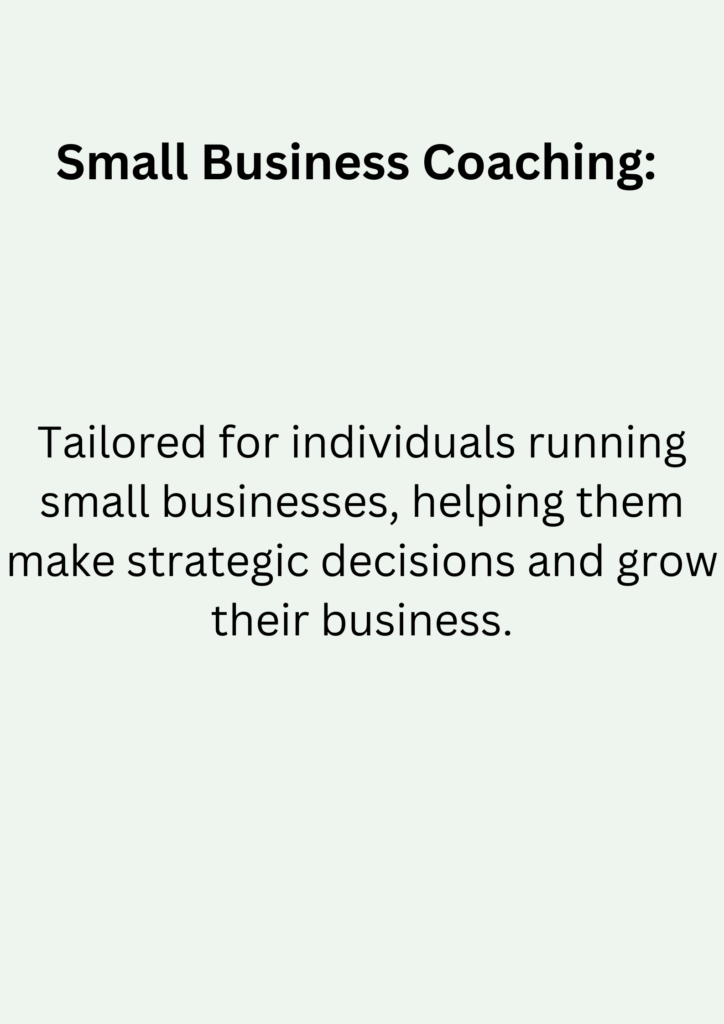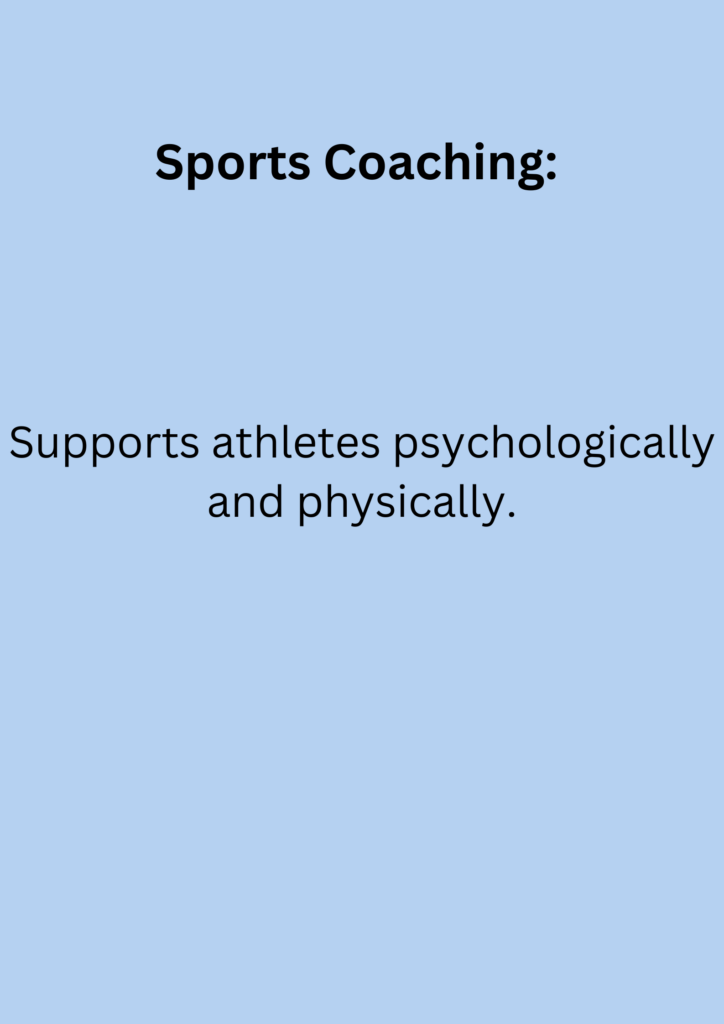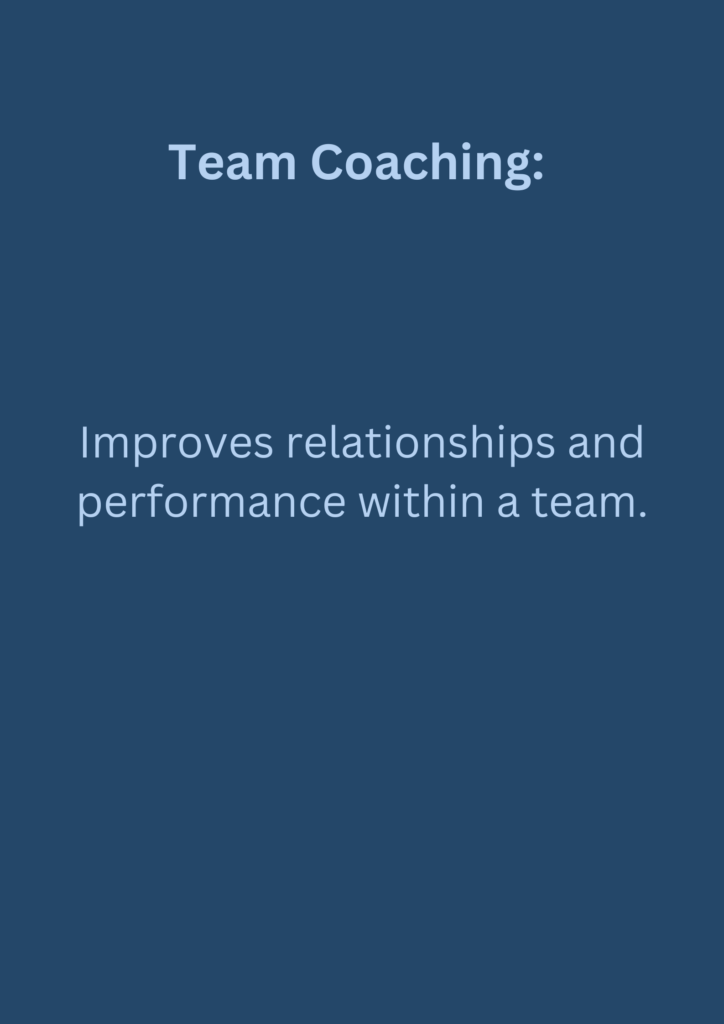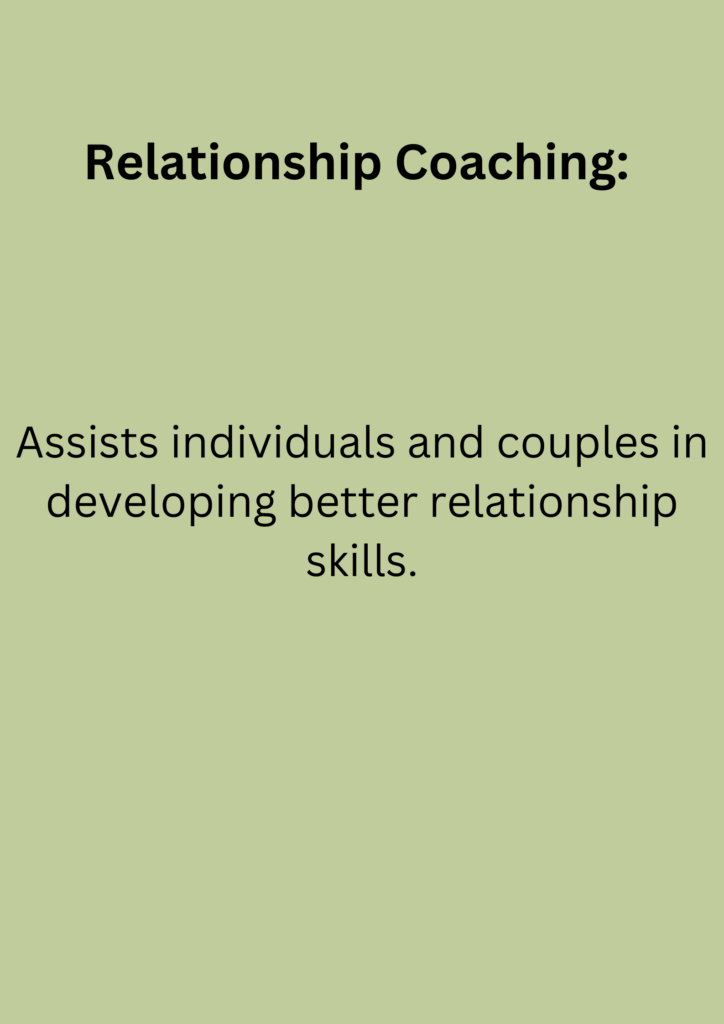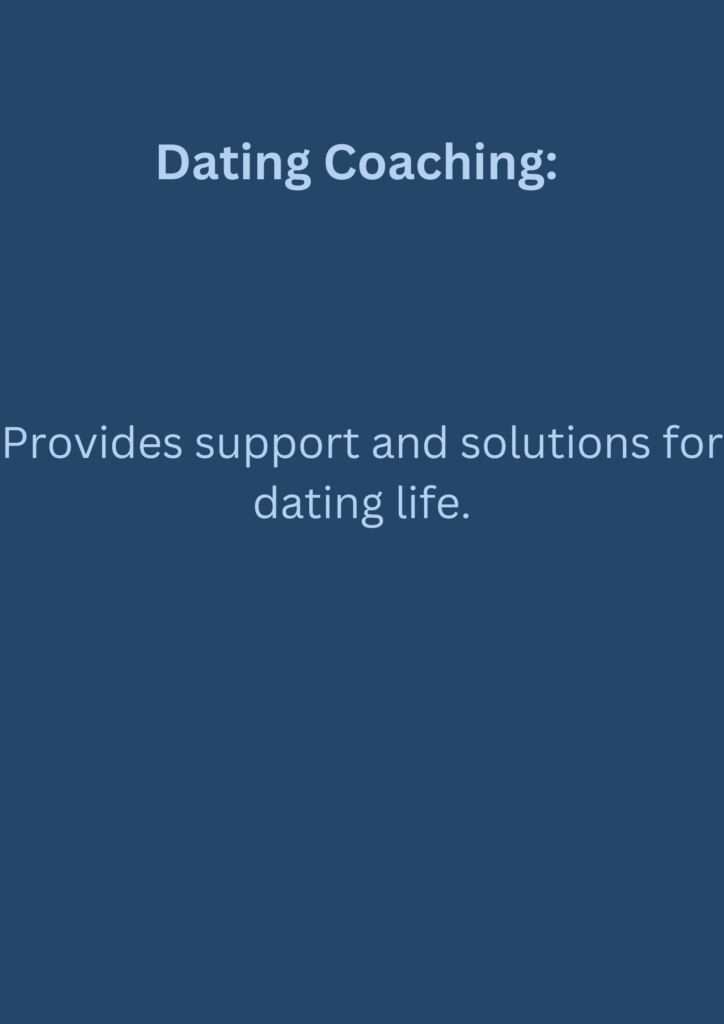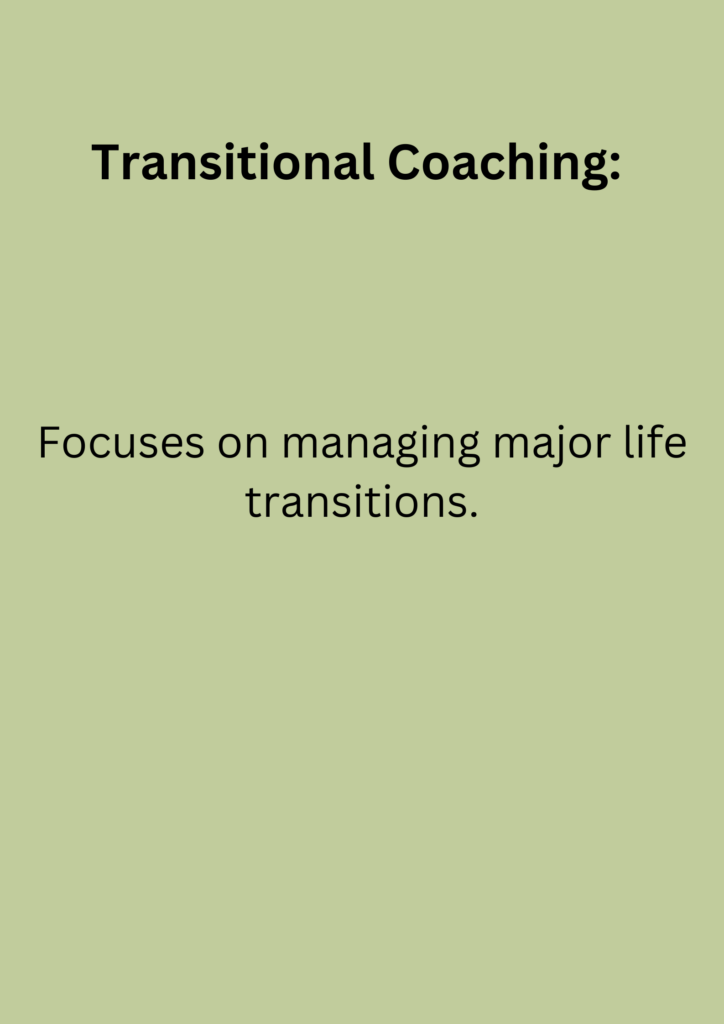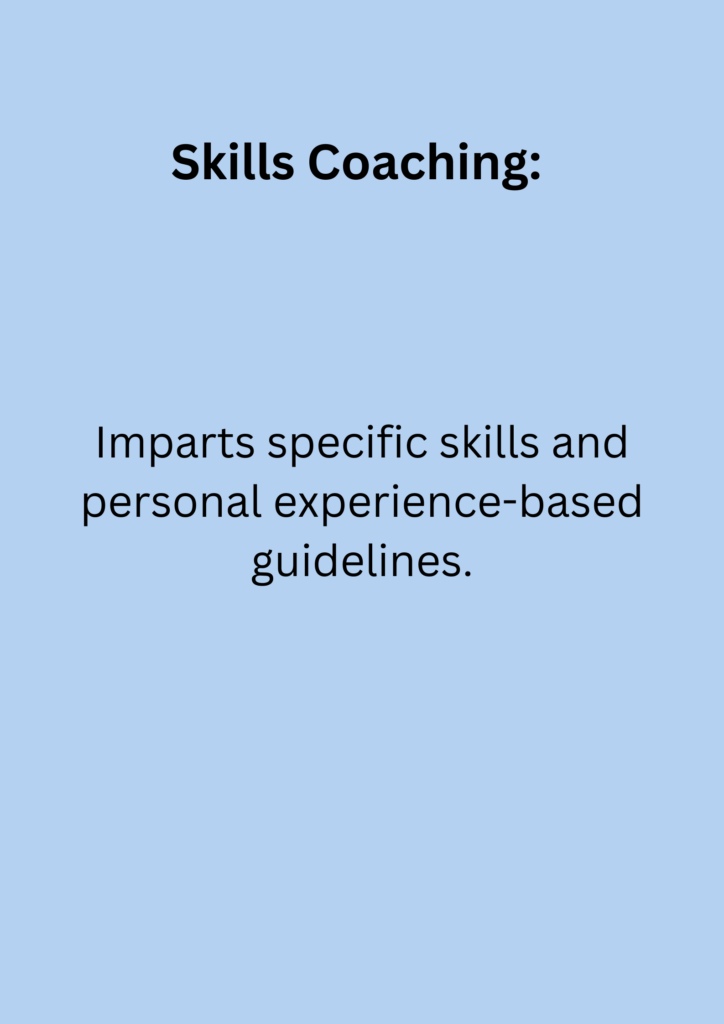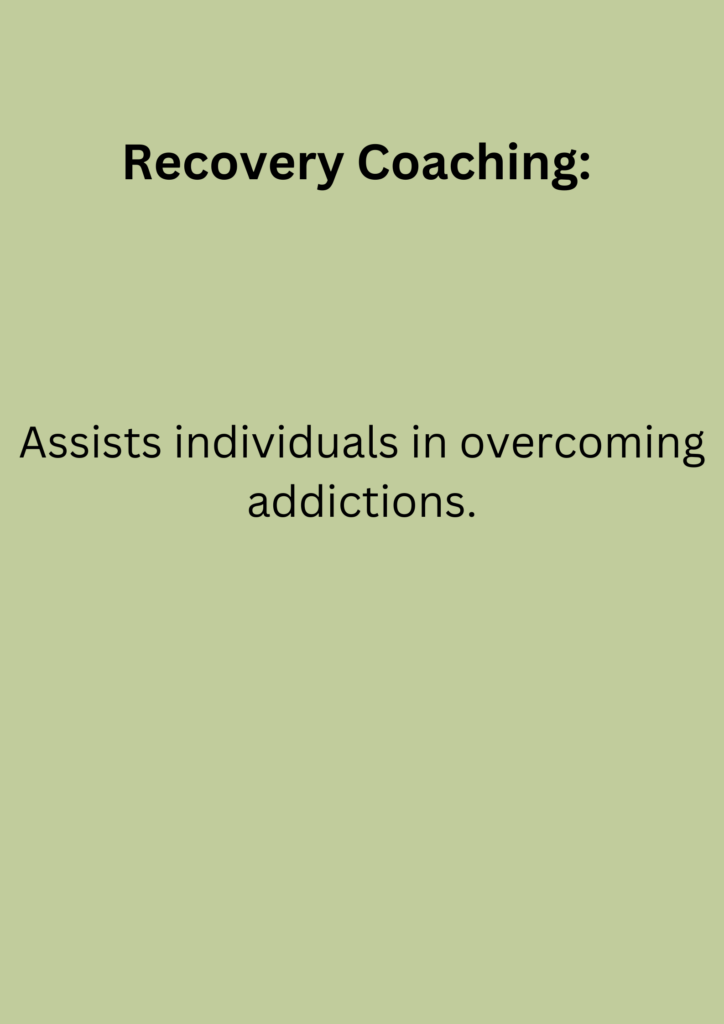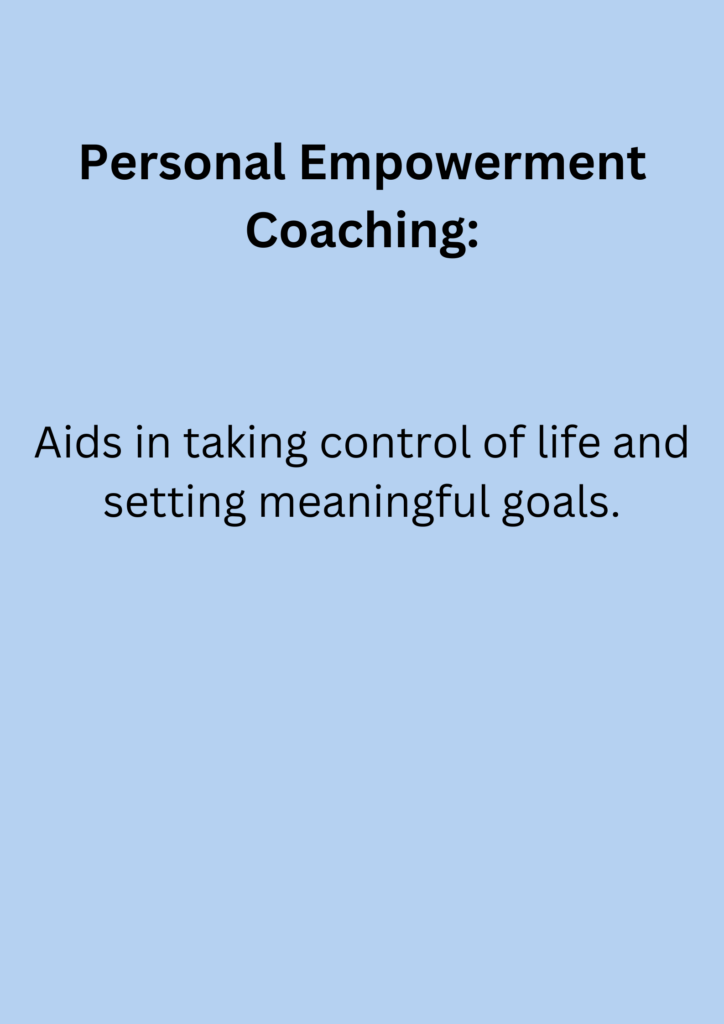What is Life or Personal Coaching?
Life coaching or personal coaching is a process focused on helping individuals achieve personal or professional goals and improve their quality of life.
Personal coaches work with clients to identify specific personal or professional goals. These goals can range from career advancement and relationship improvement to personal development and health-related objectives.
Coaches develop customized strategies for their clients. These strategies are tailored to the individual’s strengths, weaknesses, and unique circumstances. They often involve setting measurable objectives and timelines.
A significant part of personal coaching is providing support and accountability. Coaches regularly check in with their clients to monitor progress and help them stay on track towards their goals. They also offer encouragement and motivation.
Coaches often help clients develop new skills or enhance existing ones. This can include time management, effective communication, decision-making, and coping strategies for stress and challenges.
Coaches assist clients in identifying and overcoming obstacles that hinder their progress. This can involve addressing limiting beliefs, negative thought patterns, or external challenges.
It’s important to note that life coaching is not a substitute for mental health therapy. While it can be highly beneficial for personal growth and goal achievement, it doesn’t replace the need for professional mental health care when necessary.
Unlike therapists or counsellors, life/personal coaches typically don’t delve deeply into past traumas or psychological issues. Instead, they focus on the present and the future, empowering clients to find their solutions.
Various types of coaching
Life coaching can be applied to various areas, including executive coaching, health and wellness coaching, relationship coaching, and more. Each niche focuses on specific aspects of a person’s life or career.

